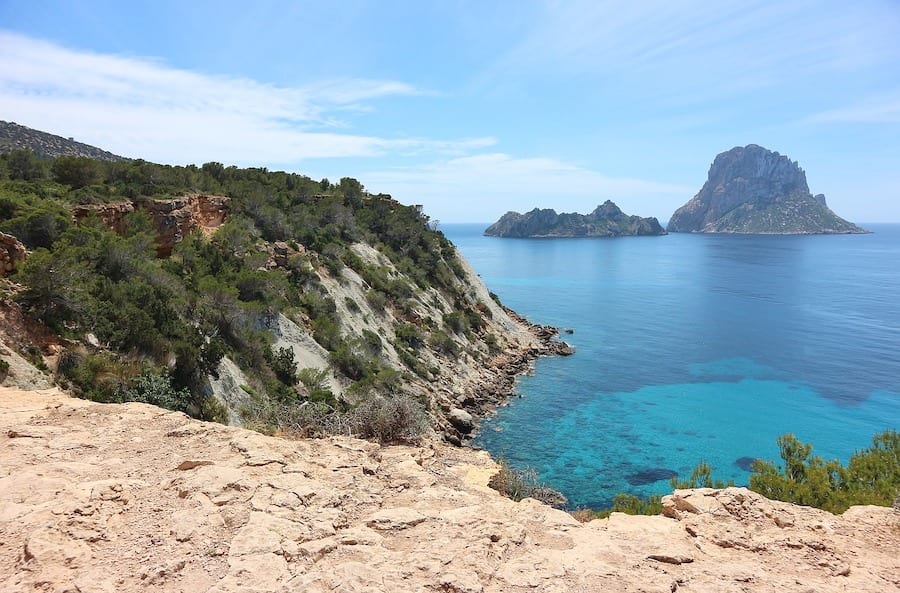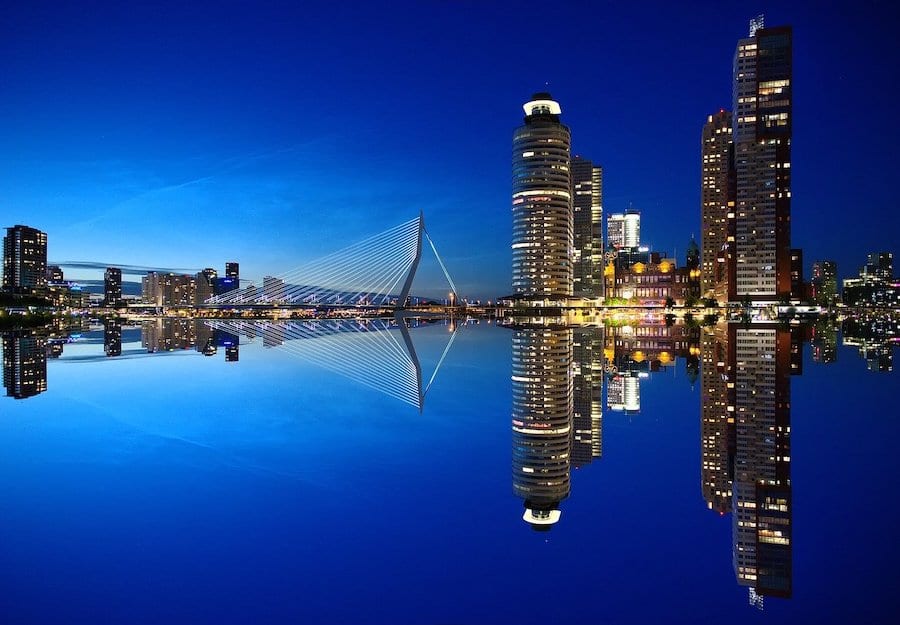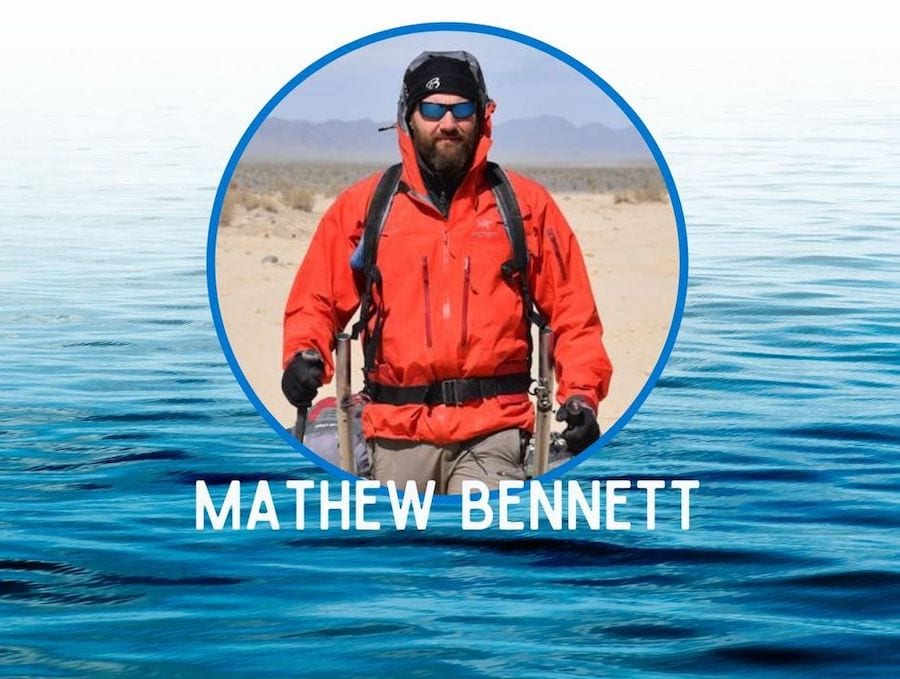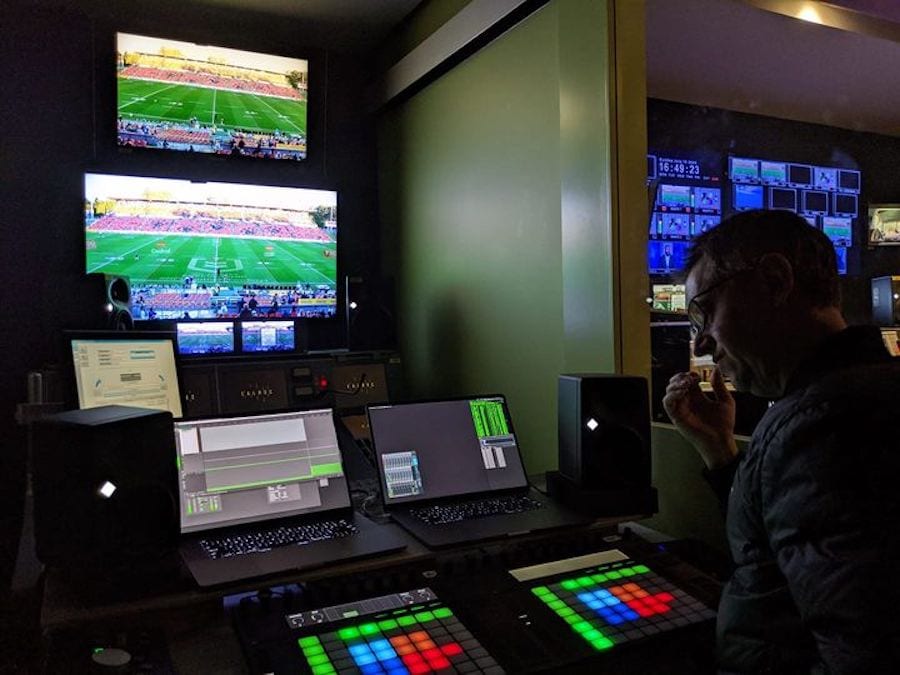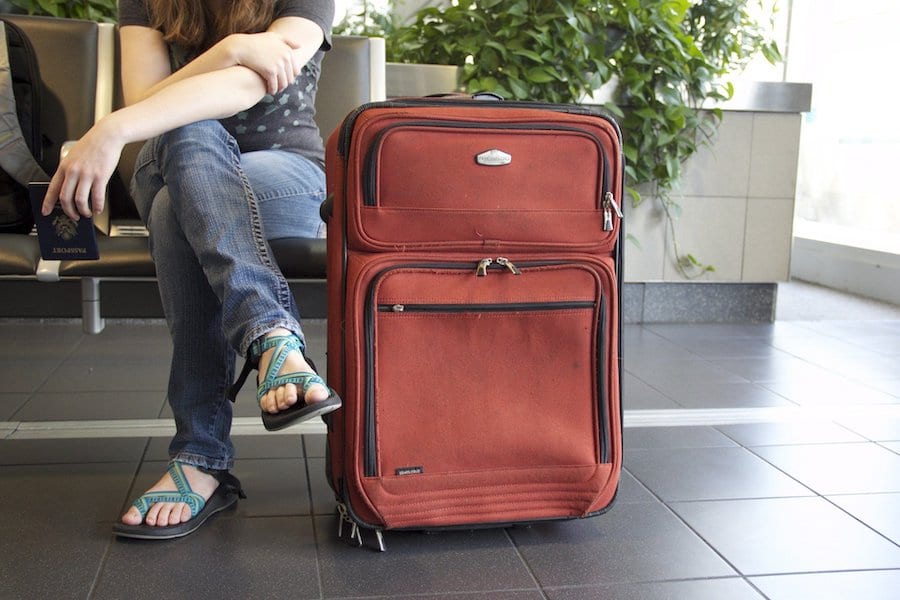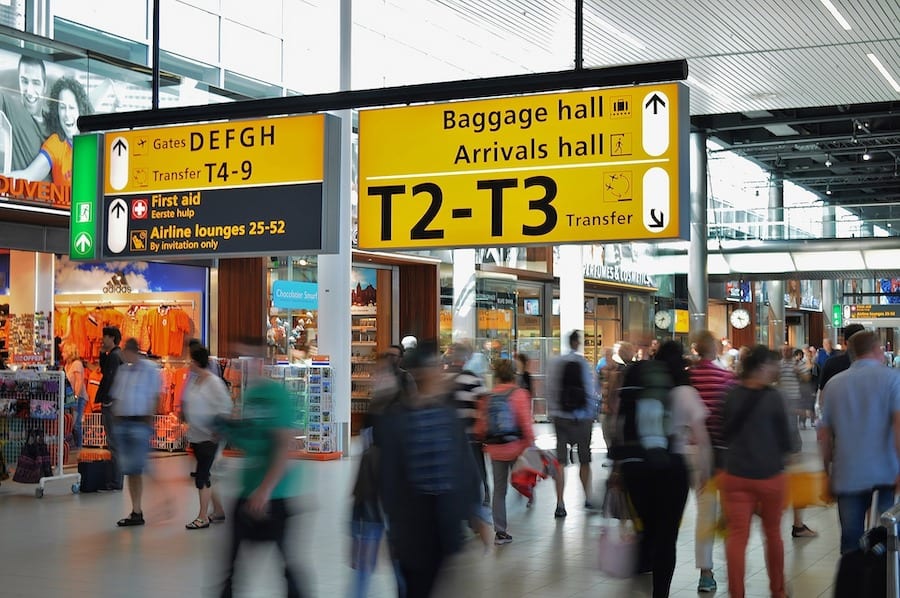BeMed, founded by the Prince Albert II of Monaco Foundation, has unveiled the latest five projects that it will support in their efforts to reduce plastic pollution in the Mediterranean islands.
Because of its closed sea topography, the intensity of maritime transport and the industrial and tourist activities it concentrates, the Mediterranean is particularly impacted by plastic pollution. With 1 to 10 million plastic particles per square kilometre, it is probably the most polluted sea in the world.
Faced with this reality, Beyond Plastic Med (BeMed), founded by the Prince Albert II of Monaco Foundation, the MAVA Foundation, Surfrider Europe Foundation, the Tara Ocean Foundation and the IUCN, is working with stakeholders in the field to reduce this pollution at the source. 53 micro-initiatives, supported by BeMed, have already been implemented in 15 countries of the Mediterranean basin.
On 1st April, BeMed launched a call for more projects, specifically targeting the Mediterranean islands – tourist hotspots that are strongly impacted by plastic pollution, providing opportunities to test and implement sustainable solutions anchored locally.
On Tuesday 25th August, it was announced that five projects have been selected to amplify the efforts of the BeMed network:
Together for zero plastic in 10 Albanian islands
This project is led by a consortium of associations – the Royal Albania Foundation, Women Rights Albania Association, Agriculture University of Tirana, Doctor Veterinarian in Community Association and the company 3k shpk– aims to reduce plastic pollution on 10 tourist islands in Albania. It relies on the involvement of municipalities to define a sustainable waste management strategy and develop regulations limiting the use of plastic on the islands. Support for businesses and tourists will facilitate the implementation of these regulations.
Plastistop – JLIJ Association for the Marine Environment
The main objective of this project is to improve the collection and recycling of plastic on the island of Djerba in Tunisia. It includes the implementation of selective sorting for 100 households and the installation of adequate equipment in strategic areas of the island. It will be accompanied by several awareness-raising activities among the population, tourists and fishermen.
For plastic free Croatian Islands – Association for Nature, Environment and Sustainable Development Sunce
This project aims to reduce the production of waste on two Croatian islands. By working with local stakeholders, an action plan based on the reduction of single-use plastics will be developed and implemented. The population will be involved and made aware of the problem and existing solutions to facilitate the transition. An experience-sharing component with stakeholders from other Croatian islands is planned to replicate the approach.
Plastic Free Balearic – Save the Med and Ibiza Preservation
This project aims to establish a common ‘plastic free’ certification in the tourism sector of the Balearic Islands. In particular, it plans to evaluate and identify the most relevant alternatives to single-use plastics in the local context. It is based on an already active network of hotels, restaurants, and cafés, where the certification will be tested in more than 150 businesses.
Projet pilote Zero plastique sur l’archipel des îles d’Or et réplication en méditerranée – Small Islands Organisation (SMILO)
The aim of this project is to set up, in the “îles d’Or”, a micro-process to produce alternatives to single-use plastic made of waste from Provence cane farming. These alternatives will be designed, used, sorted, and composted locally. The project also plans to replicate this approach on the Kerkennah Islands, Tunisia, with residues and by-products from date palms, and on the island of Tavolara, Italy, with cork.
The call for projects is supported by the MAVA Foundation.
Photo: Balearic Islands, Ibiza, Pixabay
Monaco backs projects reducing Med plastic pollution
